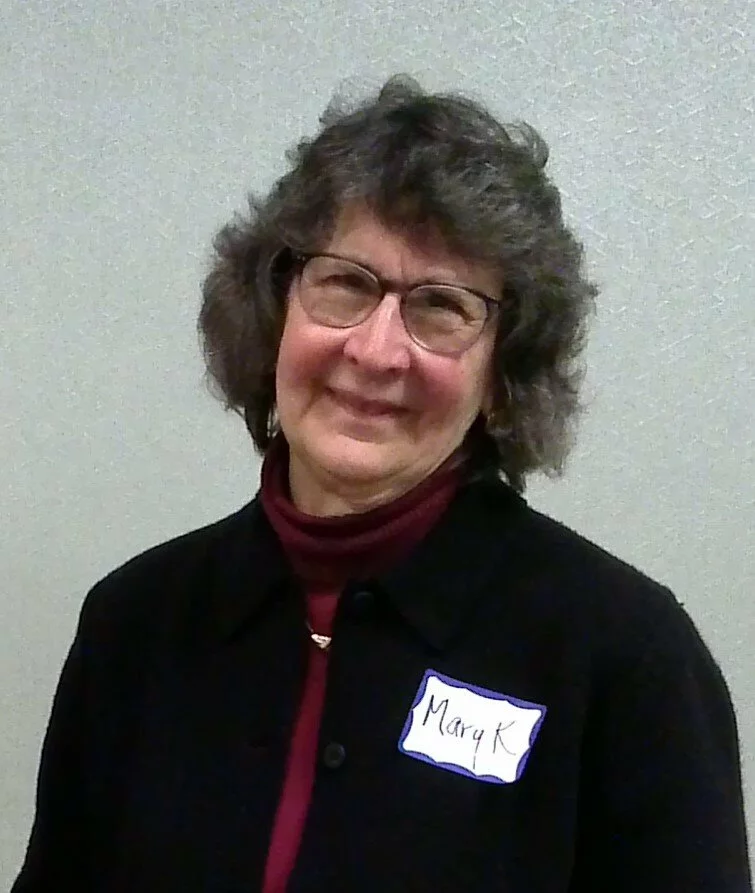Teach an adult to read. Inspire the world to change.
Every adult has a right to literacy, yet millions of adults cannot read or write above a third-grade level, do math, or use a computer. Share your gift of literacy by volunteering to teach others—changing lives while you’re at it.
When adults in your community reach their educational goals, your community grows stronger. Volunteers are vital to the success of students and the literacy programs that serve them. When you volunteer, your positive energy and optimism can enhance students’ learning outcomes.
Find volunteer opportunities in your community through the National Literacy Directory. This searchable directory lists thousands of adult literacy programs that could use your help! Search by zip code, city, or state, and filter by the distance from your home.

I want the students to know what it means when a sign says, ‘Not an Exit.’ ‘Exit,’ OK, I like that sign too—but ‘Not an Exit’ is equally important.
Mary Krenceski
By volunteering, you offer vital help to people in need in your community, and it’s something you can feel good about. Some volunteers are motivated to make a difference for the people around them. For others, volunteering provides an opportunity to develop new skills or build on existing experience and knowledge. Volunteering allows you to connect with people in your community and help make it a better place. Whatever your motivation, volunteering can transform you and the world around you.
Anyone with reasonable skills in reading and numeracy can get involved. As a volunteer tutor, you should be passionate about sharing your skills and knowledge with adults who want to improve their reading, writing, numeracy, English, and technology skills. Consistency is important to learners, so you will need to commit to a regular volunteering schedule. Students and tutors often meet in the evenings, so even full-time workers may volunteer.
General requirements include:
Yes! It’s fun, you’ll learn a lot, and you’ll become a more confident and effective tutor. When you are well trained, you are better able to help your students.
The adult literacy program where you volunteer will provide training. Additional training and professional learning opportunities may also be available throughout the year to enrich your skills. ProLiteracy offers a wide variety of teaching materials for your use, many of which are free! Find available resources.
Most literacy programs suggest that a new tutor meet with adult learners at least once or twice a week for 1½ to 2 hours per session. Maintaining this time commitment is important in helping students improve their skills as quickly as possible. Tutoring may be scheduled for any day or time (day or evening). Most programs ask tutors to consider making a commitment for at least 6 months.
Once you have completed your training, you will be matched with an adult learner who shares your preferences and availability. Most tutors can get started within a few weeks of completing their training.
No. In fact, English language learners often progress more quickly if their teacher or tutor does not speak or use their language. At training, you will learn instructional methods that don’t require same language use.
No. Anyone with basic reading and writing skills can become a volunteer. Resources are available to help you to sharpen your skills.
Tutors often meet with their students at the literacy program’s location, in libraries or in other locations convenient to both of them.
Ask whether the program has volunteer openings with flexible scheduling or opportunities to substitute. Let your site coordinator and learners know ahead of time if you will be absent. Learners progress quickly when they have a positive, consistent relationship with their tutor.